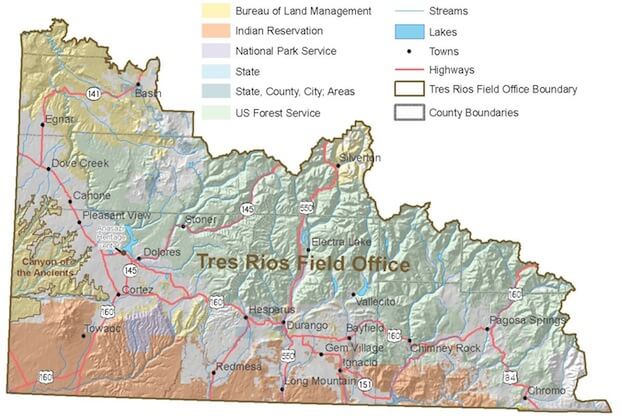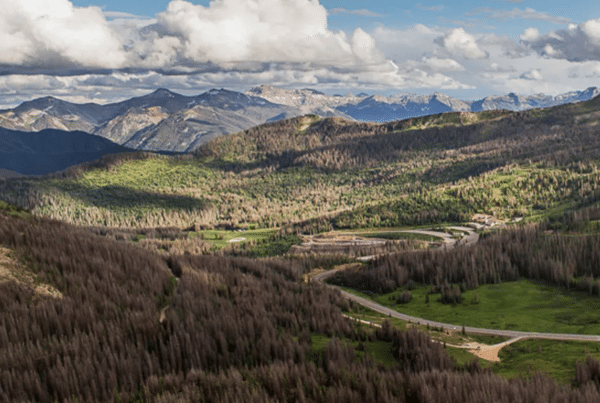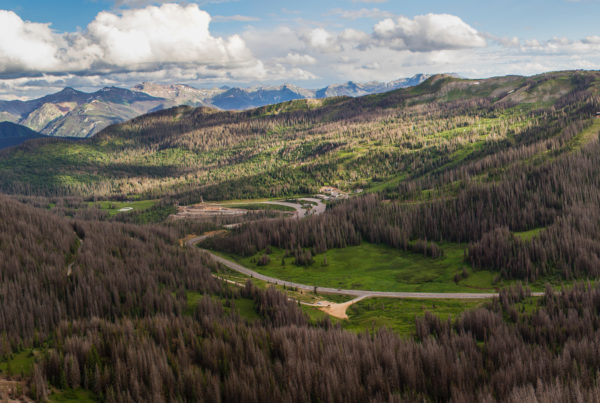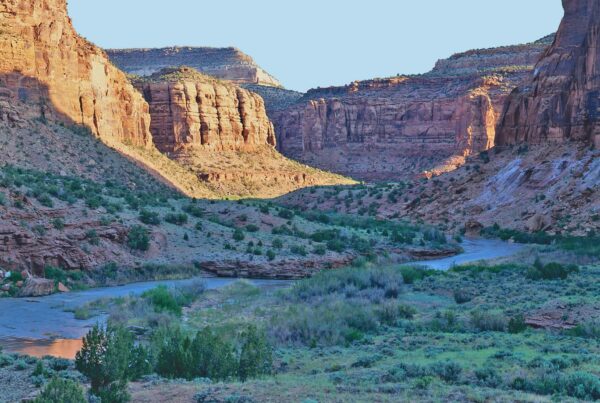The Bureau of Land Management (BLM) Tres Rios Field Office (TRFO) manages over 503,000 acres of public lands in southwest Colorado. Their management includes oversight of federal minerals exploration and development on more than 804,000 acres of private, state, and federal lands.
In September of 2013, BLMs TRFO issued a Resource Management Plan (RMP) that sets the rules for how the lands under their purview will be managed for the next 20+ years.
San Juan Citizens Alliance and other conservation partners submitted multiple protests to the RMP, and tomorrow (Friday, February 26) the BLM will announce how it is modifying the RMP to address those community concerns.
Here’s a top ten list of things to look for in BLM’s announcement. Failure to address any of these critical environmental and community concerns would make this RMP less than adequate in the eyes of SJCA and our partners, and will likely lead to additional action.
- Negotiate in good faith with protesters to resolve issues of concern.
- Allow only Best Management Practices for oil and gas operations such as the highest standards for well casings and upgraded equipment to reduce NOx and VOC pollution.
- Clearly state that oil and gas leasing stipulations must be followed. Language in the current plan allows more than 90% of stipulations to be unilaterally modified or cancelled by BLM staff, offering no guarantee of community protection on a well-by-well basis.
- Provide adequate protective management protocols to stop the continued rapid decline of the officially “threatened” Gunnison sage grouse.
- Designate more than a dozen Areas of Critical Environmental Concern (ACECs) consisting of more than 100,000 acres of unique landscapes important as habitat for numerous imperiled species.
- Complete a thorough and legally consistent inventory of lands with wilderness characteristics.
- Designate Master Leasing Plans in areas with conflicting resource management issues where pre-development planning can prevent or minimize detrimental effects on private, state and federal lands.
- Consider all of the relevant regional air quality degradation issues in totality when considered the permitting of additional oil and gas development facilities.
- Scrutinize their permitting standards as part of an overall effort to minimize greenhouse gas emissions produced by resource extractions permittees.
- Acknowledge the risks related to watershed health and water quality caused by fossil fuel extraction and minimize such degradation and diminishment of water supplies through requiring all possible conservation and protection measures.
SJCA and our partners have high hopes – and expectations – for how BLM’s TRFO will address the many, varied, and important protests to its RMP. Let’s see how they do, or don’t, meet the moment.




